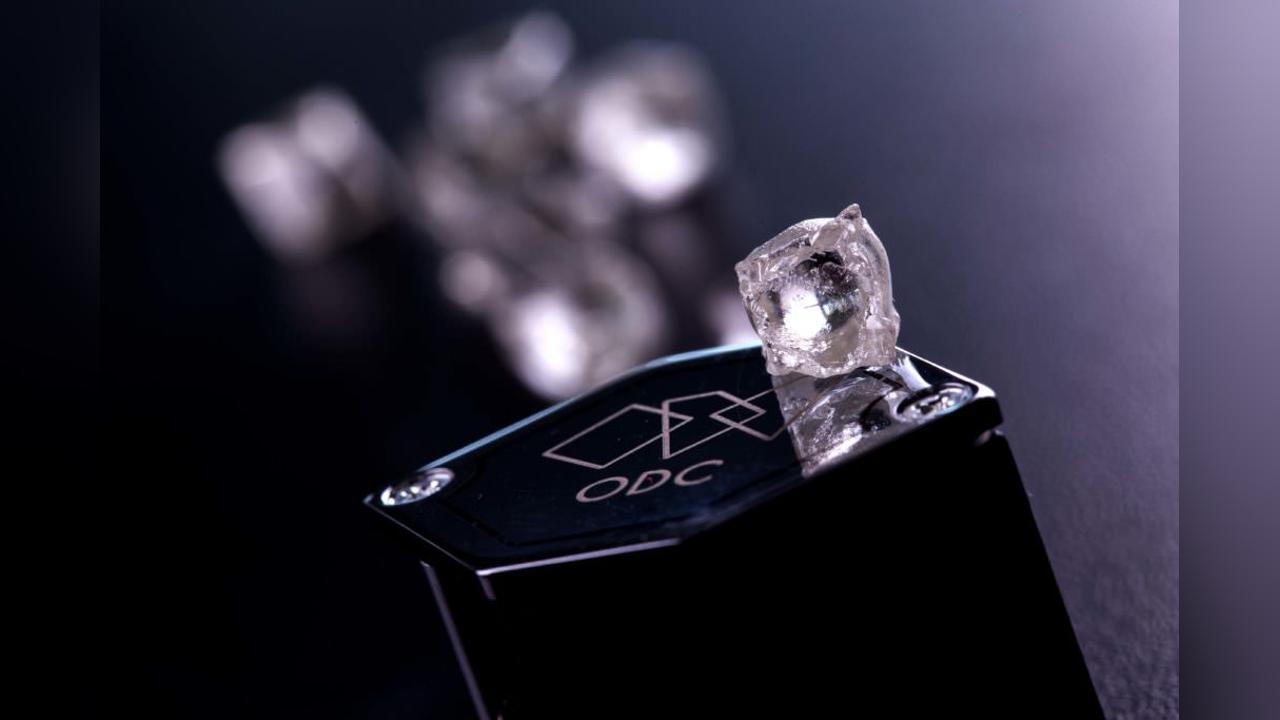Africa-Press – Botswana. The timeless allure of natural diamonds seems less dazzling today. The global market is experiencing a sharp decline in demand, while synthetic gems—increasingly accepted and accessible—are gaining ground. Paying the price is De Beers, a historic South African company specializing in diamond mining and marketing, now grappling with a crisis that could alter its ownership structure.
According to reports, the Botswana government is considering a full or partial acquisition of the group, partly due to De Beers’ strategic importance to the national economy. The company has seen a 44% drop in revenue and accumulated unsold inventory worth approximately $2 billion. Furthermore, mining in the first six months of 2025 stalled at 10,2 million carats, a 23% decline year-over-year. EBITDA itself has plummeted: from a profit of $300 million in the first half of 2024 to a loss of $189 million in 2025.
De Beers, a history to be rewritten?
Founded in 1888 and known for coining the advertising slogan “A diamond is forever,” De Beers operates in over 25 countries, from Canada to Namibia, including Botswana. Today, however, mining giant Anglo American, which owns 85% of the company, is considering selling its stake as part of a broader restructuring process.
Natural diamonds are losing their appeal for several reasons: cultural change, high prices, and the growing acceptance of synthetic diamonds, which have the same chemical characteristics as natural ones but cost up to 40% less. Furthermore, these artificial gems are considered a more ethical choice because they are lab-produced, without mining.
Botswana takes action
Botswana, which owns 15% of De Beers and shares its mining operations through the Debswana joint venture, is directly affected by the crisis. The sector accounts for approximately 30% of the national GDP and over 70% of foreign exchange earnings. It’s therefore not surprising that the government is moving quickly.
Guoman Hotels
Gaborone has retained Lazard and CBH Compagnie Bancaire Helvétique as financial advisors to study the potential acquisition. The announcement comes just days after Qatari fund Mansour Holdings pledged a $12 billion investment, which could help finance the deal.
Botswana’s President, Duma Boko, has publicly expressed frustration with De Beers, accusing the company of no longer fulfilling its strategic role. According to internal sources, the country is prepared to exercise its right of first refusal in the event of third-party offers. So far, nine expressions of interest have reportedly reached Anglo American.
Synthetic diamonds: the new standard?
Introduced to the market in the late 90s, synthetic diamonds revolutionized the industry. These stones are created in a lab in just a few weeks, using processes that replicate natural conditions. Although slightly less brilliant and vivid, they are indistinguishable to most consumers and offer a more sustainable and accessible option.
While purists continue to prefer natural gems—unique, formed over millennia beneath the Earth’s crust—the market seems to reward efficiency and ethics. And if De Beers once embodied the eternal dream of diamonds, today it could become a symbolic example of an industry in transition.
For More News And Analysis About Botswana Follow Africa-Press






